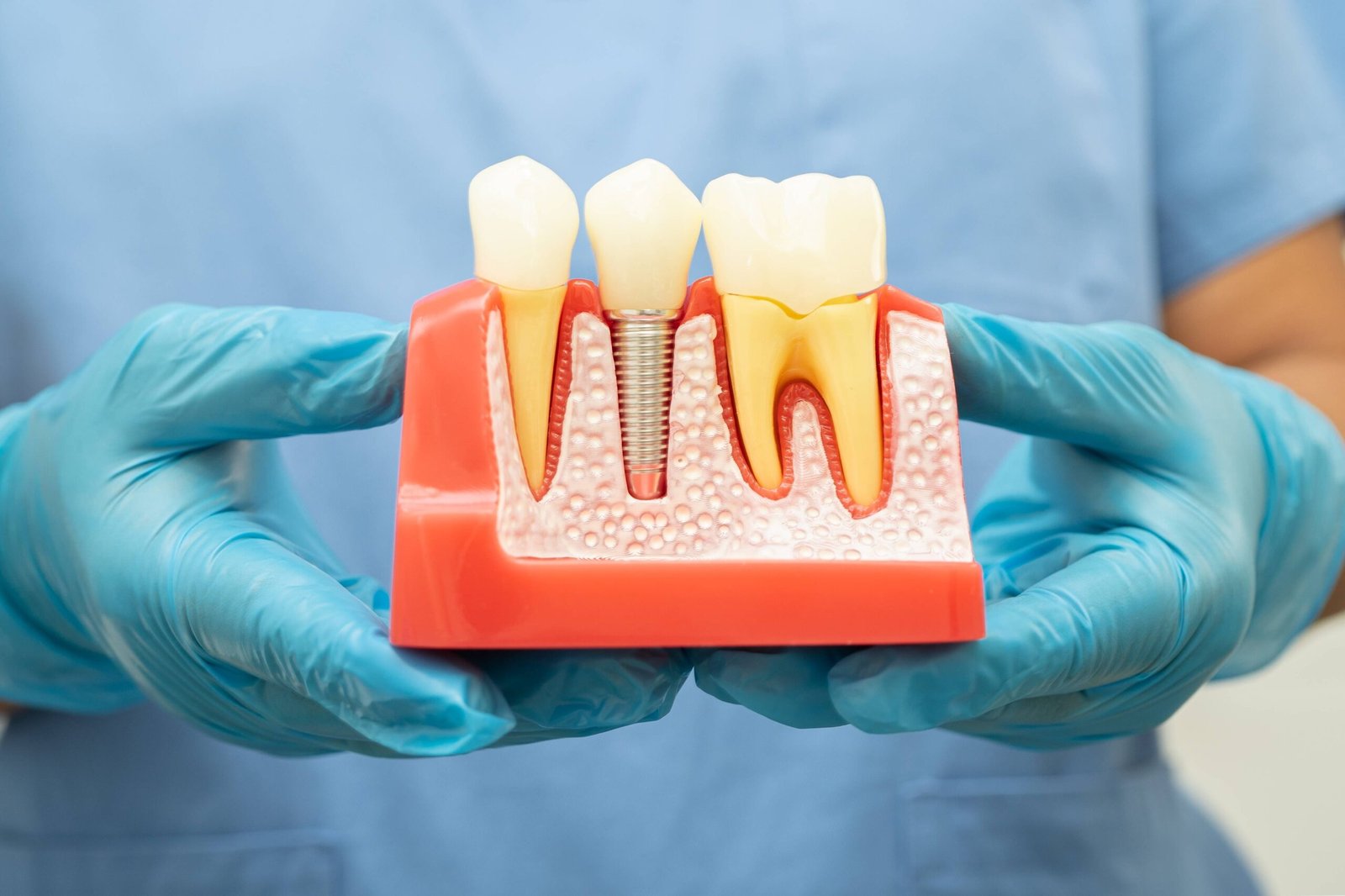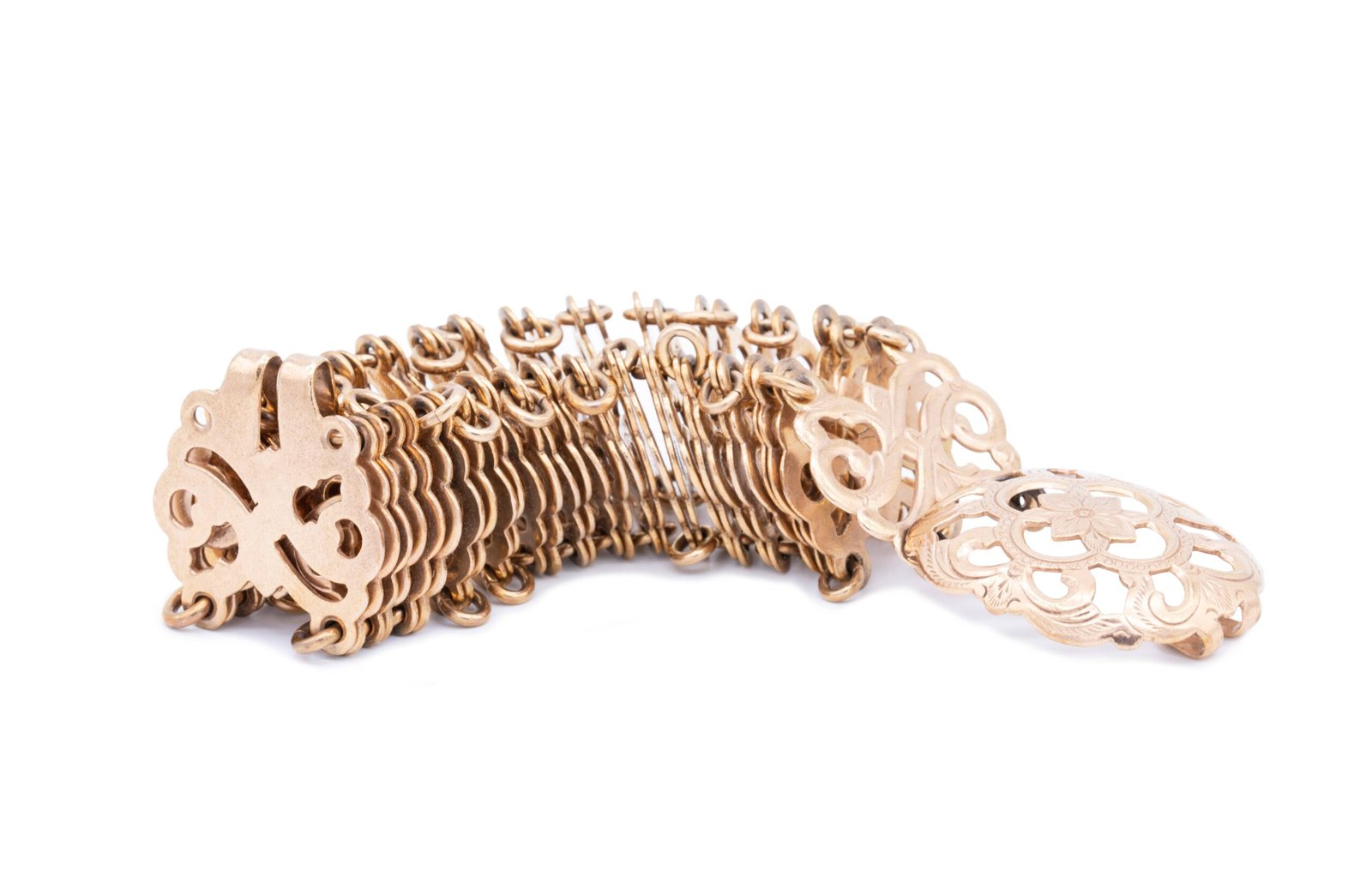Corrosion-resistant metals play a vital role in modern engineering, manufacturing, and construction industries. These special metals and alloys help prevent rust, oxidation, and environmental damage, ensuring long-lasting performance in harsh environments.
This article will guide you through the essential knowledge of corrosion-resistant metals, their types, key applications, and how to select the best metal for your specific needs.
What Are Corrosion-Resistant Metals?
So, what exactly are corrosion-resistant metals? Simply put, they’re metals that are designed to resist damage from rust, corrosion, and oxidation. These special metals are built to withstand harsh conditions like moisture, salt, and chemicals that would usually cause regular metals to break down.
Why Do Metals Corrode?
Before we dive into what makes certain metals corrosion-resistant, let’s quickly look at why metals corrode in the first place. Metals corrode when they come into contact with substances like water, air, or salt over time. This leads to rust or oxidation, which makes the metal weaker and less effective. But corrosion-resistant metals are treated in ways that prevent this damage from happening.
The Magic Behind Corrosion-Resistant Metals
These metals are made or treated in specific ways to create a protective shield on the surface, which keeps moisture, air, and chemicals from reaching the core of the metal. This protective layer can form naturally (like aluminum does), or it can be applied (like the coating on galvanized steel). That’s why metals like stainless steel and titanium last longer and don’t rust like regular steel.
Why Should You Care?
Corrosion-resistant metals are crucial in environments where things get wet, like marinas, factories, or outdoor construction sites. They can also handle tough situations like extreme temperatures, high-pressure systems, or exposure to chemicals. These metals are built to last longer, require less maintenance, and save you from costly repairs and replacements.
The Big Benefits You Should Know
Choosing corrosion-resistant metals isn’t just about avoiding rust — it’s about saving time, money, and hassle in the long run. Here’s why these special metals are a smart choice for so many industries and projects.
They Help Things Last Longer
Nobody wants to keep fixing or replacing rusty parts. Corrosion-resistant metals stay strong and good-looking for years, even in tough environments like outdoors, near the ocean, or in chemical plants.
Save Money on Repairs and Maintenance
Rust damage can lead to expensive repairs or replacements. Using the right metal from the start helps avoid those extra costs.
Keep People and Equipment Safe
Rust and corrosion can weaken structures or parts, which might cause safety problems. Corrosion-resistant metals help keep everything working properly and safely.
Perfect for Harsh Environments
If your project faces water, salt, chemicals, or extreme temperatures, you need a metal that won’t give up easily. That’s where corrosion-resistant materials shine.
Looks Matter Too
Some metals — like stainless steel or copper — not only fight rust but also look clean, shiny, and modern for a long time. This makes them a great choice for products where appearance is important.
What Makes a Metal Corrosion-Resistant?
Protective Coatings or Oxide Layers
Many corrosion-resistant metals form a protective layer on the surface when exposed to air or moisture. For example, when steel has chromium added (like in stainless steel), it forms a thin layer of chromium oxide that keeps moisture and air from reaching the metal itself. This layer helps protect the metal from corrosion, like a shield that keeps the rust away.
Alloying Elements
Some metals are mixed with other elements (called alloys) to improve their resistance to corrosion. For instance, adding nickel or copper to steel or other metals can make them more resistant to rust and corrosion. These added elements create stronger bonds within the metal, making it harder for water and chemicals to break it down.
Corrosion-Resistant Treatments
To further boost corrosion resistance, metals can be treated in special ways. Heat treatments, like quenching, can strengthen the metal and help it withstand harsh conditions. Some metals are also coated with zinc (like galvanized steel) or nickel, creating an extra barrier that stops corrosion from happening in the first place.
Self-Healing Properties
Some corrosion-resistant metals have self-healing properties. For example, if the protective layer gets scratched, it can repair itself over time. This is why some materials, like stainless steel, can keep working even if they’re a little damaged.
Resistance to Oxidation
Oxidation is what happens when metal reacts with oxygen, which often leads to rust. Metals that are corrosion-resistant usually resist oxidation, meaning they don’t react easily with oxygen in the air or water. This is one of the main reasons why materials like aluminum and titanium are so great for environments with a lot of moisture.
Types of Corrosion-Resistant Metals
Stainless Steel — The All-Rounder
Stainless steel is probably the first metal that comes to mind when you think of corrosion resistance. It’s strong, durable, and versatile, which is why it’s used everywhere — from kitchen sinks to construction sites.
Why it’s great: It’s made with chromium, which forms a protective layer to keep rust at bay. Stainless steel can handle moisture, heat, and chemicals, which makes it perfect for marine environments, food processing, and medical equipment.
Where to use it: It’s everywhere — appliances, pipelines, medical devices, and even cars!
Aluminum Alloys — Lightweight and Tough
If you need something that’s lightweight but still corrosion-resistant, aluminum alloys are a great choice. They’re especially useful in industries like aerospace, transportation, and construction.
Why it’s great: Aluminum naturally forms a protective oxide layer that keeps it from rusting. It’s also easy to shape and won’t weigh down your products.
Where to use it: Think airplanes, bicycles, and outdoor furniture — aluminum alloys are perfect for things that need to be strong without adding weight.
Titanium — The Toughest of Them All
Titanium is one of the most corrosion-resistant metals you can find. It’s incredibly strong and immune to rust, making it ideal for harsh environments, like deep underwater or in high-temperature settings.
Why it’s great: Titanium doesn’t react with most substances, including seawater and acids. It’s tough and keeps its strength at both low and high temperatures, which makes it perfect for industries like aerospace and medicine.
Where to use it: You’ll find titanium in jet engines, medical implants, and marine equipment.
Nickel Alloys — High Heat and High Strength
Nickel alloys are great for situations where you need both strength and resistance to corrosion, especially at high temperatures. These alloys are commonly used in places that are exposed to extreme heat or harsh chemicals.
Why it’s great: Nickel is naturally resistant to corrosion and oxidation, and when mixed with other metals, it creates alloys that can stand up to very high temperatures and extreme environments.
Where to use it: Think of power plants, chemical processing, and oil rigs — anywhere you need heat resistance combined with corrosion protection.
Copper Alloys — A Natural Protector
Copper is one of the oldest metals used by humans, and it’s naturally resistant to corrosion. Copper alloys (copper mixed with other metals) have excellent properties for protecting against rust and are often used in marine environments.
Why it’s great: Copper alloys not only resist corrosion, but they also have antimicrobial properties, meaning they can help kill bacteria and other germs.
Where to use it: Plumbing pipes, marine equipment, and electrical wiring are some of the common places where copper alloys are used.
Common Applications of Corrosion-Resistant Metals
| Application Field | Recommended Metal | Key Benefit |
| Marine Industry | Stainless Steel, Copper Alloys | Resistance to seawater corrosion |
| Food Processing | Stainless Steel, Nickel Alloys | Hygienic, easy to clean, corrosion-resistant |
| Aerospace | Nickel Alloys, Aluminum Alloys | Lightweight and resistant to extreme temperatures |
| Chemical Industry | Nickel Alloys, Stainless Steel | Excellent chemical and oxidation resistance |
How to Choose the Right Corrosion-Resistant Metal
Think About Where It’s Going to Be Used
First things first: what kind of environment will your metal face?
- Is it going to be exposed to saltwater? Stainless steel or aluminum could be your best bet.
- Will it be exposed to chemicals or extreme heat? Nickel alloys or titanium are great for handling those conditions.
- Is it just for outdoor use in a dry area? Aluminum might do the trick for its lightweight and corrosion-resistant properties.
Understanding the environment helps you pick the metal that will last longer and perform better.
Consider How You’ll Use It
Next, think about what kind of parts you need.
Are you working with custom shapes or sizes? Some metals, like stainless steel, are easier to work with and can be easily cut or welded.
Do you need a metal that’s lightweight but still tough? Aluminum is often the go-to option when weight is a concern but corrosion protection is still important.
Choosing a metal that fits your project’s processing needs will make things smoother in the long run.
Balance Cost and Durability
Let’s talk budget.
Some corrosion-resistant metals, like stainless steel, are pretty affordable and do the job well in many applications. But if you need something more specialized, like titanium or nickel alloys, those will be more expensive.
It’s all about finding the right balance between what your project needs and what fits within your budget. Sometimes paying a little extra up front for a high-performance metal can save you more on repairs later.
Don’t Be Afraid to Ask for Help
Still unsure which metal is right for you? Don’t hesitate to reach out to experts who can help.
A trusted metal supplier or manufacturer can guide you in choosing the perfect corrosion-resistant material for your project’s environment, needs, and budget.
Final Thoughts
Choosing the right corrosion-resistant metal for your project ensures long-term durability, reduces maintenance costs, and improves overall product performance.
Working with a reliable metal machining partner ensures the material selected is not only corrosion-resistant but also customized to your specific project requirements.
Contact TOPS Precision Manufacture Co., Ltd.
We provide professional metal selection guidance and precision machining services tailored to your industry needs.
FAQ About Corrosion-Resistant Metals
1. What metal is the most corrosion-resistant?
Titanium and high-grade stainless steel (like 316) offer excellent corrosion resistance in harsh environments.
2. Are all stainless steels corrosion-resistant?
Yes, but some grades (like 316) offer better protection than others, especially in saltwater or chemical exposure.
3. Is aluminum rust-proof?
Aluminum doesn’t rust like iron or steel, but it can corrode in some conditions. Its natural oxide layer provides good protection.
4. How do I know which metal is right for me?
Consider your project environment, budget, and processing needs. If in doubt, consult with a professional metal supplier.
External links :
National Association of Corrosion Engineers (NACE)
Corrosionpedia – A comprehensive resource on corrosion science








